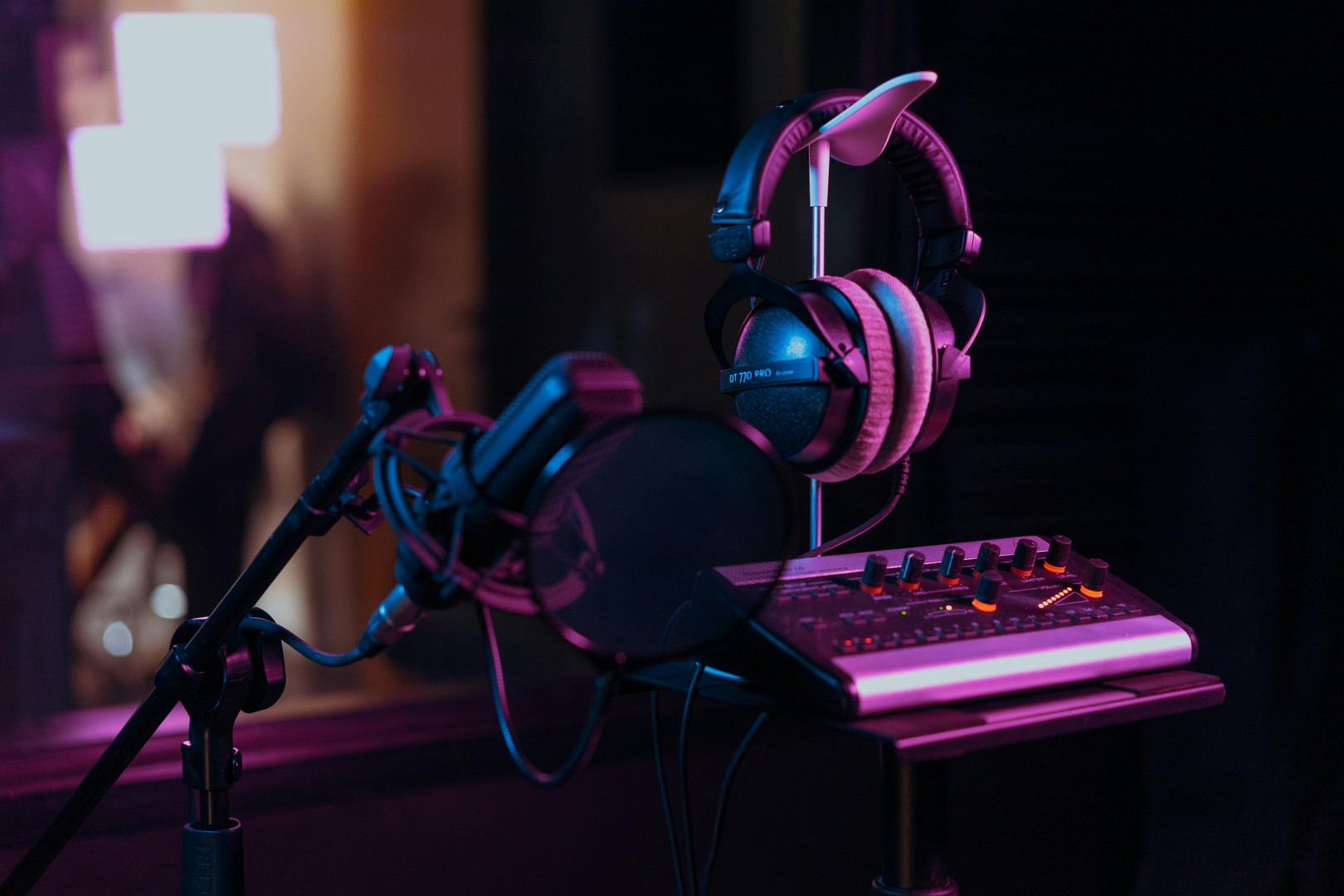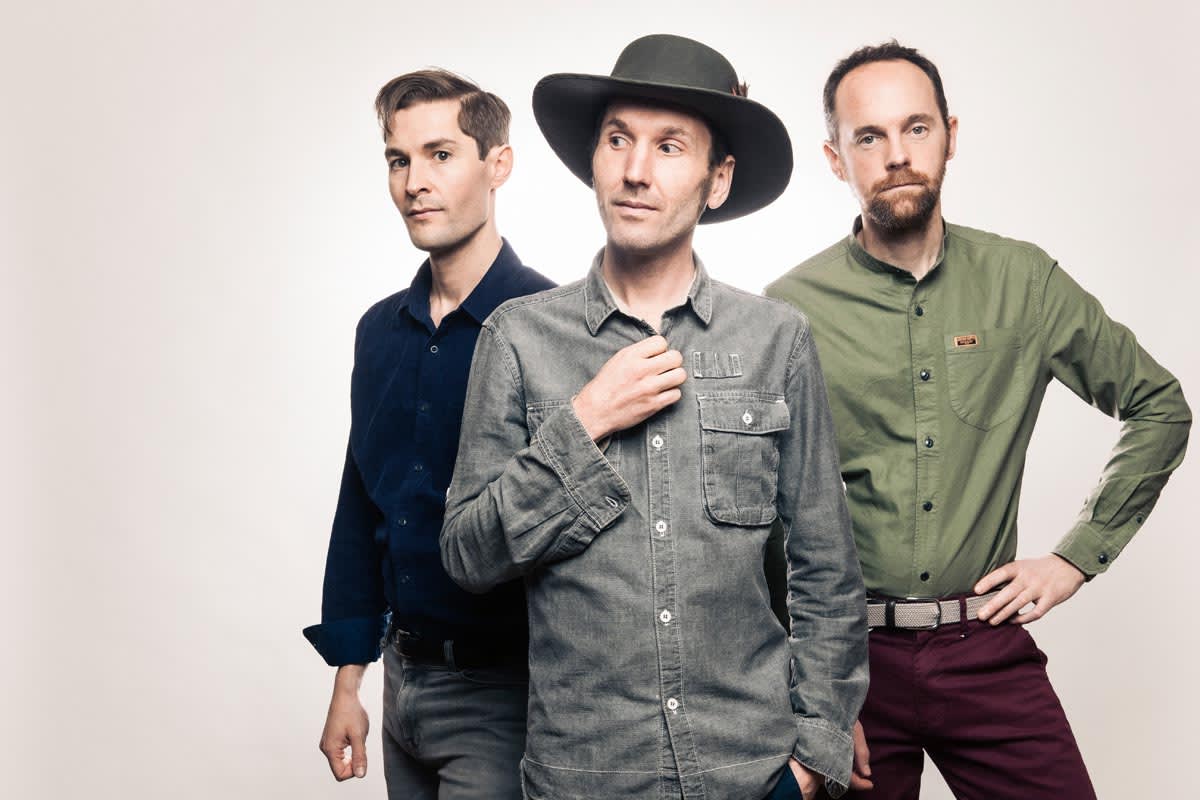Artificial intelligence is revolutionizing every aspect of the entertainment industry, and music is no exception. Over the past few years, AI has been used to predict, generate, and even compose music. Algorithms can now analyze trends, dissect musical patterns, and determine which songs might top the charts. But, as with any technology, the question arises: Can AI truly predict music hits, and is it always right?
In this article, we will explore how AI is shaping the music industry, the tools used to predict hits, and whether these algorithms can really capture the essence of what makes a song a chart-topping success.
The Power of AI in Music
AI's role in music prediction isn't just a futuristic fantasy—it’s happening now. Music streaming platforms like Spotify and Apple Music use algorithms to analyze listening habits, predict trends, and create personalized playlists. Meanwhile, record labels and music producers are using AI tools to craft music with potential for commercial success.
AI’s ability to analyze massive amounts of data—such as listener demographics, genre preferences, song structures, and even social media sentiment—has allowed it to identify patterns in music that resonate with the masses. Some tools even offer an AI music generator for free, allowing musicians and producers to experiment with new sounds and arrangements without the need for extensive training or expensive equipment.
Predicting Chart-Topping Hits: How Does It Work?
AI predictions for music hits typically involve analyzing large data sets. These data sets can include:
- Historical Chart Performance: AI looks at past hits to identify patterns. Songs with similar tempos, keys, and lyrical content often perform well.
- Social Media Sentiment: Tracking how people react to a song on platforms like Twitter, TikTok, and Instagram can provide insights into its potential success.
- Streaming Data: The more a song is streamed, the more AI can learn about its success factors. User behavior—such as repeat listens, skips, and playlist placements—can indicate whether a song has staying power.
- Lyric Analysis: Some algorithms go as far as to analyze lyrics and determine how relatable or engaging they might be for the target audience.
Using this data, AI models can predict the likelihood that a song will become a hit. Some systems even go beyond prediction to recommend specific musical elements to improve a song’s chances of success. Whether it’s tweaking the melody, adjusting the chord progression, or altering the lyrics, these systems can help shape a song that has commercial potential.
Are These Predictions Accurate?
The short answer is: sometimes. While AI has made significant strides in predicting music hits, it’s far from perfect. The challenge lies in predicting human emotions, something that is central to a song’s success. For example, AI can analyze lyrics for keywords that typically correlate with hits, but it doesn’t fully understand the emotional connection that fans may have to a song.
A recent study by The University of California, Berkeley revealed that while AI can identify certain patterns in music that correspond with hit songs, it struggles with predicting the “magic” element that makes a song resonate with listeners on an emotional level. This underscores a critical point—AI can help identify trends and make data-driven predictions, but it can’t fully replicate the unpredictable nature of human emotions and creativity.
Moreover, hit songs often break the mold. Think about unexpected chart-toppers like “Old Town Road” by Lil Nas X or “Gangnam Style” by Psy. These songs defied conventional trends and were propelled by unique cultural phenomena, something AI might miss when analyzing purely based on historical data.
The Limitations of AI in Music Prediction
While AI has proven itself a valuable tool for predicting trends, it does have limitations:
1. The Human Element
No matter how much data AI crunches, it can’t fully understand the human experience. Music is an art form, and people’s tastes are often influenced by emotional, cultural, and social factors that go beyond patterns and data.
2. Bias Toward the Familiar
Because AI models rely heavily on historical data, they tend to favor what has worked before. This can lead to an over-reliance on familiar formulas, which might stifle creativity. While this may lead to some success, it could also result in repetitive music that doesn’t break new ground.
3. Viral Factors
Certain songs go viral due to factors that are outside the algorithm’s control. Social media trends, memes, and even sheer randomness can propel a song to the top. AI is currently limited in its ability to predict viral moments, especially when it comes to unforeseen events that spark interest in a song.
Can AI Replace Human Creators?
AI-generated music is an exciting frontier, but it’s not likely to replace human musicians anytime soon. While AI can assist with song composition and predict potential hits, music remains an inherently human art form. Human emotions, creativity, and intuition are still critical in creating songs that truly connect with listeners.
That said, AI can serve as a tool for enhancing creativity. For instance, a musician might use AI to generate a melody or suggest chord progressions, but they will still add their own personal touch to the song. Think of AI as a collaborator—one that offers suggestions, but leaves the final creative decisions up to the artist.
Conclusion: A Valuable Tool, But Not Infallible
AI is undeniably changing the landscape of music prediction and production. By analyzing large datasets, AI tools can give valuable insights into what might make a song popular. However, as we've seen, these algorithms aren't always accurate, especially when it comes to predicting the emotional connection or viral factors that often drive music hits.
In the end, AI can be a powerful assistant for artists and producers, but it can’t replace the magic that makes a song a true hit. Music will continue to evolve with technology, but the heart of great music will always lie with the creators behind it.








